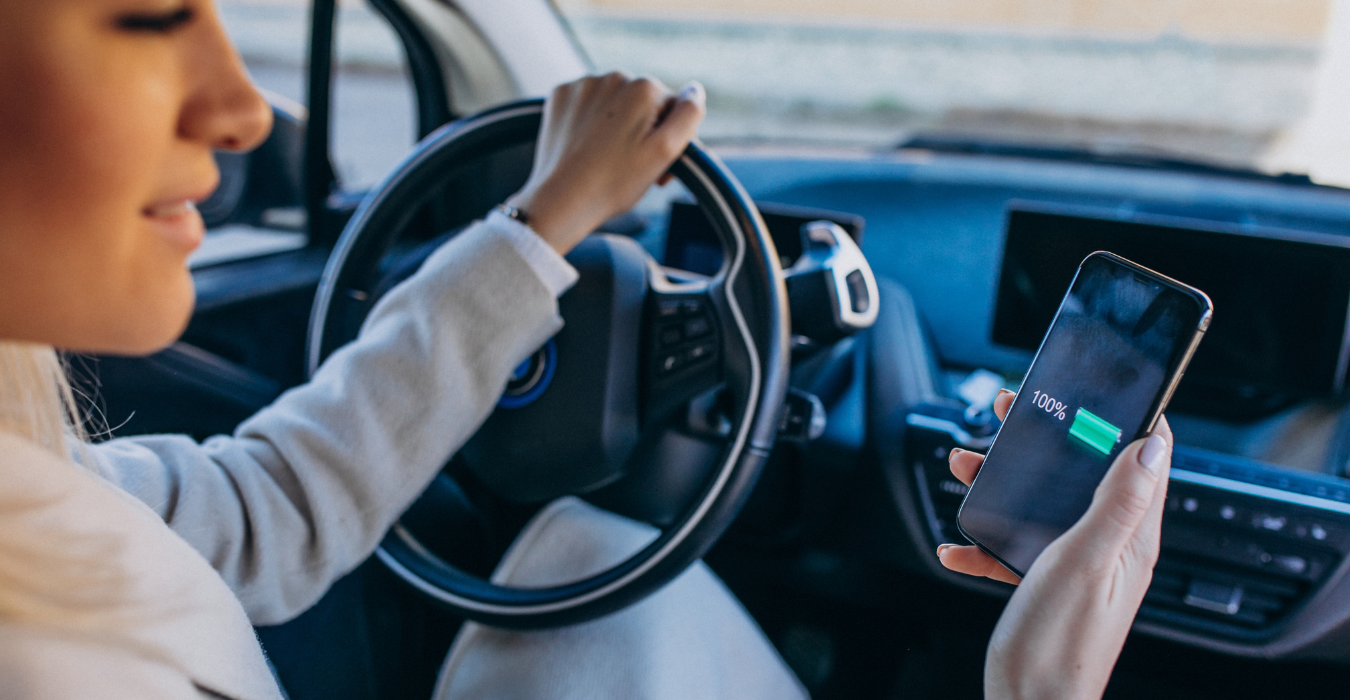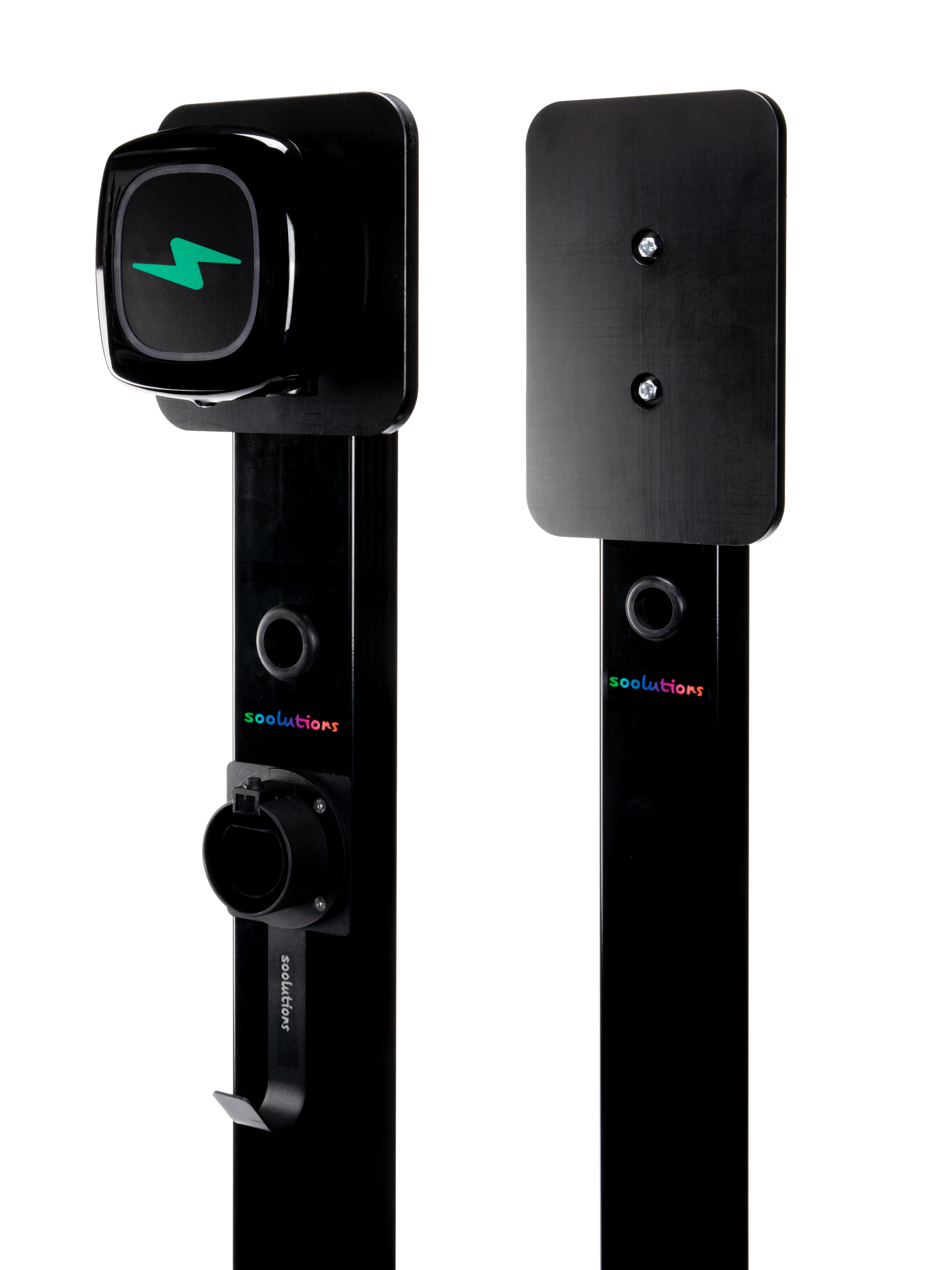How long does it take to charge an electric car?
 Although now has never been such a good time to start driving electric, if you have never driven electric before, you undoubtedly have a lot of questions, one of which is: how long does it take to charge an electric car?
Although now has never been such a good time to start driving electric, if you have never driven electric before, you undoubtedly have a lot of questions, one of which is: how long does it take to charge an electric car?
Unfortunately, there is no simple answer to this question, but if you know the variables, it becomes easier to find out. Let's take a look at what factors affect charging time so you can make a reliable estimate based on your situation.
1. Battery size
Like the size of a petrol car's tank, the size of a car's battery determines how much energy a car can hold. It is measured in kilowatt-hours (kWh), the electrical equivalent of a litre, with the rule of thumb being that the bigger the battery, the longer the recharge. Since some larger vehicles, such as the Porsche Taycan or the Tesla Model S, consume more energy than smaller models, with a battery capacity of 90 kWh and 75 kWh respectively, they will take longer to charge at the same power level as a smaller vehicle.
2. State of Charge (empty vs. full)
Like the fuel gauge on a car, the state of charge (SoC) refers to how much energy your EV can consume between 'full' and 'empty'. Like mobile phones and laptops, EVs use lithium-ion batteries that degrade faster when fully drained and then fully charged again. That sounds scarier than it actually is, because EV batteries are designed to last.
To combat battery degradation, car manufacturers fit systems to prevent the battery level from going below a certain limit or being charged above certain limits - usually above 80 per cent and below 20 per cent. This means that charging from 80 to 100 per cent can take as long or longer than charging from 20 to 80 per cent.
3. Vehicle charging capacity
While larger batteries can store more energy, they don't always make for faster charging times because some vehicles can simply handle more energy than others. For example, the Tesla Model 3 has a fast charging capacity of 250 kW, while the smaller Peugeot e-208 only supports 50 kW fast charging - a big difference in terms of charging time. So a small battery doesn't necessarily mean an EV will charge faster. The Tesla battery mentioned above may be much larger than the Peugeot's, but in the end it will take less time to charge if you fast charge.
4. Weather conditions
Weather conditions play an important role in how fast you can charge an EV. Batteries work most efficiently at temperatures between 20 and 25°C. If the temperature gets too low or too high, it will take longer to charge. You'll notice this especially during fast charging. This is because a vehicle's battery management system (BMS) reduces its ability to protect the battery when faced with higher or lower temperatures.
5. Charging capacity of the charging station
Apart from the above, one of the most important factors influencing charging time is the capacity of the charging station. There are different charging levels and in general, the higher the level, the faster an EV can be charged. We will look at this in more detail below.
Charging from a wall socket
Domestic charging is the slowest way to charge an EV. A standard household socket combined with a portable charger will charge your electric car at 2.3 kW (10 A). This corresponds to a range of about 6 to 8 kilometres per hour. This method is slow, it isn't called a Granny Charger method for nothing, but can sometimes be very useful.
Charging via a (home) charging station
Depending on the power and type of vehicle, charging at a (home) charging station is roughly 5 to 15 times faster than charging from a normal socket.
Home charging stations are available with different charging capacities. An hour's charging with a 7.4 kW charger gives a range of approximately 40 kilometres, an 11 kW charger gives a range of approximately 60 kilometres and a 22 kW charger gives a range of approximately 120 kilometres. Find out in advance which charging station is most suitable for your situation.
Fast charge
As the name suggests, DC fast charging is the fastest way to charge an EV. Most vehicles are charged in minutes rather than hours. These fast chargers come in many different shapes, sizes and charging capacities. They start from 50 kW up to about 300 kW, the latter being the so-called HPC. The High Performance Chargers. This, in combination with the many EV models and battery types available, makes it virtually impossible to give an exact answer regarding the charging speed. Tip: if you have several types of fast chargers at a charging station, choose a speed that is slightly higher than your own maximum DC charging speed. A 50 kW fast charger is too slow for a Hyundai IONIQ 5, which can fast charge at more than 200 kW. A 300 kW fast charger is much too fast for a Mazda MX-30, which can fast charge at 50 kW. A fast charger that matches your electric car in terms of charging speed is often the best solution, but also financially.
- Are you still unable to figure out which product you need? Do not hesitate and contact us. We will help you as well as possible to find a suitable product to load your car.
- Call: +31 (0) 85-06 04 784
- E-mail: [email protected]
- directly in contact
Soolutions?

